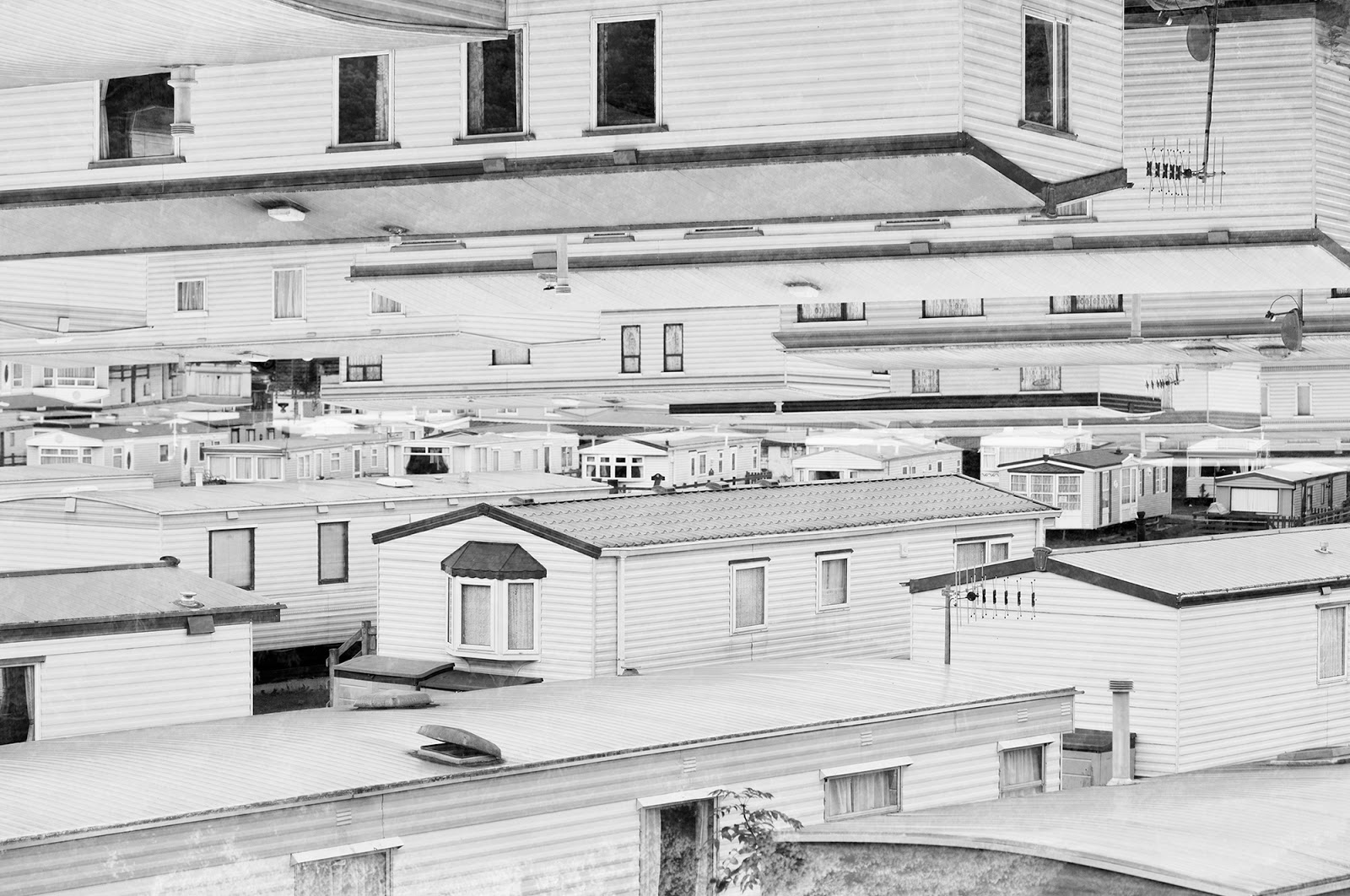Rebecoming
The Other European Travellers
Flowers Gallery, London. 10 September-10 October 2014
Virgílio Ferreira, Henrik Malmström, Tereza Zelenkova and Lucy Levene
Curated by Tim Clark, 1000 Words
Virgílio Ferreira, Being and Becoming, 2013. Injet print on cotton fine art paper, 70 x 47 cm.
1000 Words is delighted to announce a group exhibition featuring the four winners of the inaugural 1000 Words Award at Flowers Gallery, London this September.
Rebecoming brings together newly commissioned works from four artists Virgílio Ferreira, Henrik Malmström, Tereza Zelenkova and Lucy Levene. Focusing on migration patterns between 1950 and 1980 from southern to central and northern Europe, it depicts fragments of the lives, stories and environments of individuals who left their countries of birth to start a new life in new lands, principally due to economic reasons.
The works explore issues related to family, labour, mobility, boundary, cultural heritage and social expectation. They also connect to instances of courage, upheaval, opportunity, unfreedom, self-respect, heroism and the dream of returning ‘home’, not withdrawing exploitation and poverty; the ultimate capitalistic ethic. By offering personal visions of lived experience, Rebecoming examines the contradictory nature of how the stage for temporary migration in many cases became permanent.
An installation by Tereza Zelenkova (b.1985, Czech Republic) comprises black and white photographs from two series’, Girls & Gloves and Stewartby inspired by John Berger’s 1975 seminal text The Seventh Man. Shot in the former London Brick factory in Bedford, England – a company that once recruited more than 7,500 men from villages in southern Italy to fill the least desirable and repetitive jobs during the post-war reconstruction boom – the images make visible bits of detritus strewn across the building’s crumbling interior.
Workers’ gloves and posters of women form Zelenkova’stopology, offering monuments to desperate optimism. Drawing on her signature surrealist impulse, these objects undergo metamorphosis and alongside portraits and images of a housing estate in the adjacent town Stewartby, become imbued with emotional encryptions that speak to isolation, powerlessness, homesickness, sexual frustration and desire. Central to her project lies an exploration of how, or whether, the dream of a suburban life abroad was ever realised.
In The Spaghetti Tree, Lucy Levene (b.1978, UK) also responds to Bedford’s Italian community, the largest concentration in the UK at more than 14,000 people. The artist pulls together strands from her previous work, deftly fusing documentary photography with performance and construction, experimenting with varying levels of control and direction.
Attending events and accepting invitations to people’s homes, she developed attachments and became involved in the families’ intimate narratives. Her often witty photographs call into question mythologies of what it means to be ‘Italian’ and the nostalgic ideal of La Bella Figura felt by many as they try to forge an independent identity in their new home, simultaneously revealing the tensions in conventional modes of portraiture; the perfect and imperfect image.
Virgílio Ferreira (b.1970, Portugal) has created the series Being and Becoming in an attempt to evoke the inner feelings of his Portuguese subjects and open up a space for reflecting on hybrid-identities and polarity of living in-between cultures, languages, landscapes and borders. Using multiple exposures and diptychs, and by loading his imagery with metaphor, Ferreira’s images not only evoke a sense of duality but also lend tangible form to the condition of remembering.
The diffuse traces, obstructions and dappled light that routinely appear in his imagery lock the viewer into moments where elements of the past coalesce with the present to create a notion of continuity between ‘there’ and ‘here’. Ultimately, Ferreira’s images tap into feelings of being uprooted or of seeing oneself through the filter of difference in an adopted country.
Through a short film entitled Life’s Work Henrik Malmström (b.1983, Finland) offers an unpredictable twist on the distance between objectivity and subjectivity by reflecting on the mundane situations of various Portuguese inhabitants from his local neighbourhood in Hamburg, Germany.
Getting as close as possible yet aspiring to a neutral position, Malmström conjures up the vivid presence of cleaners, sex workers, laundrette staff, religious worshippers and commuters. With deadpan humour and an unremitting gaze, the artist seeks to open up ‘the universe next door’ whilst also engaging more broadly in the multitude of individual dreams that form one universal wish – to find happiness in life through comfort and material security.
Collectively the artists in Rebecomingoffer insight into the complexities of the migrant experience at a charged and contentious moment in the evolution of modern Europe. It is an ode to those travellers who dared to make the journey, for better or worse.
Rebecoming is part of The Other European Travellers project, a co-production by 1000 Words, Cobertura Photo and Atelier de Visu with the support of EACEA programme of the European Union.
For further information or images contact Alex Peake on 020 7920 7777 or email alex@flowersgallery.com
SOURCE: 1000 Words Photography Magazine Blog – Read entire story here.

